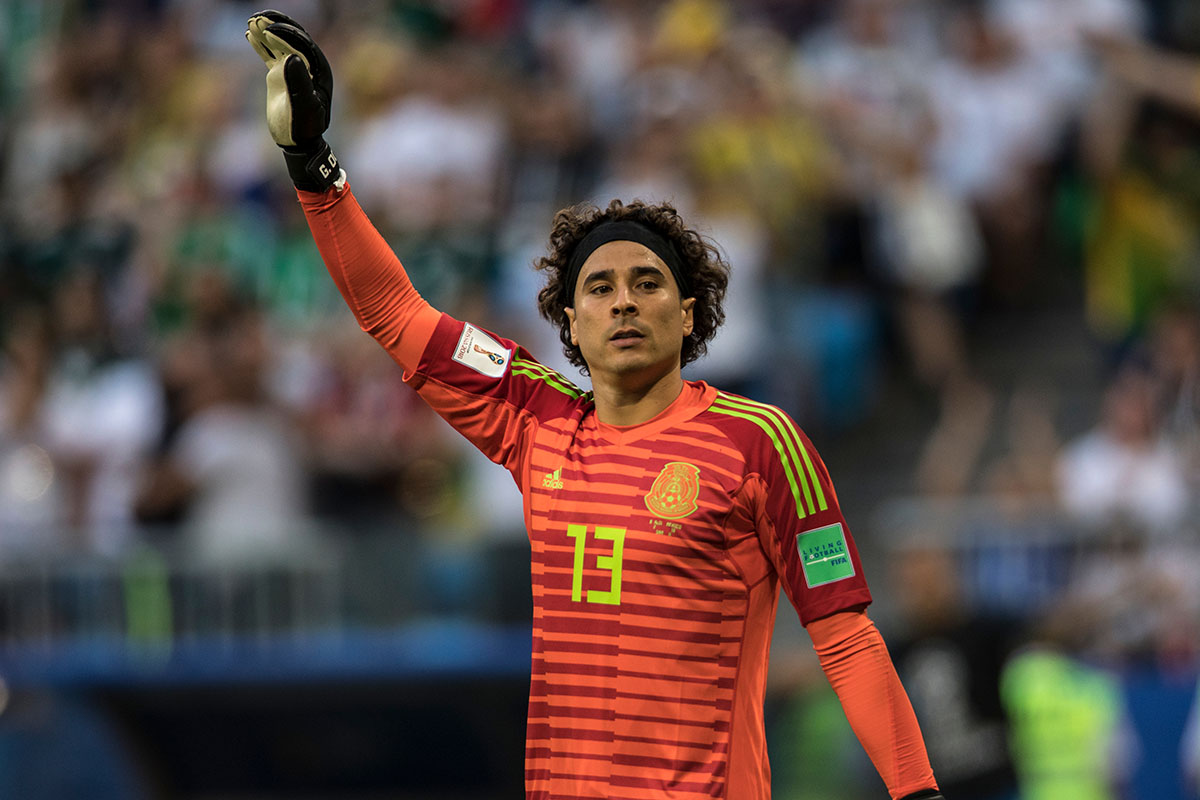In the pantheon of Mexican football legends, few names resonate as strongly as Guillermo Ochoa. For nearly two decades, the man affectionately known as Memo has stood as Mexico’s immovable presence between the posts, a goalkeeper whose career has been defined as much by his longevity as by his spectacular saves on the grandest of stages. At 39 years of age, Ochoa remains the heartbeat of El Tri, a living link between past and present, and a symbol of resilience for a nation that breathes football.
The World Cup Icon
For most football fans outside Mexico, Ochoa’s reputation is tied inexorably to his World Cup performances. Brazil 2014 was the tournament that made him a household name across the globe. Against the hosts in Fortaleza, Ochoa delivered one of the most memorable goalkeeping displays in recent memory. Diving left and right, he denied Neymar, Thiago Silva and Paulinho with saves that bordered on the supernatural. The image of Ochoa flinging himself to claw Neymar’s header away from the bottom corner became an instant World Cup classic.
That game was not a one-off. In Russia 2018, he repeated the trick, this time frustrating Germany, the reigning champions. His eight saves in Mexico’s famous 1–0 victory in Moscow cemented his reputation as a man for the big occasion. He seemed to grow larger under pressure, thriving on the world’s biggest stage. By the time Qatar 2022 arrived, he was already a five-time World Cup veteran, and his penalty save against Robert Lewandowski was another chapter in a career built on improbable heroics.
Reflexes and Reliability
Ochoa’s enduring strength has always been his reflexes. While not the tallest goalkeeper, standing at 6ft 0in (1.83m), his agility and anticipation compensate. His ability to react in a split second makes him ideally suited to tournament football, where one decisive intervention can shift a nation’s fortunes.
Beyond raw reflexes, Ochoa brings an aura of calm that transmits to the defenders in front of him. Mexico’s back lines have often been works in progress, shuffling between domestic Liga MX stalwarts and Europe-based hopefuls. But Ochoa’s presence has provided stability. He commands his box, organises his defence, and radiates the sort of confidence that only comes from experience.
A Bridge Between Generations
Ochoa’s contribution goes far beyond his saves. He has become the de facto leader of El Tri, the steady hand guiding younger teammates into the high-pressure environment of international football. When players such as César Montes or Johan Vásquez look behind them, they see a figure who has seen it all: Copa América, Gold Cups, Confederations Cups, and of course, the World Cup stage.
His leadership style is understated, preferring encouragement over reprimand, but his voice carries weight. Younger goalkeepers like Ángel Malagón and Raúl Rangel are already seen as his successors, yet they have in Ochoa a mentor whose professionalism sets the benchmark for what it means to represent Mexico.
Club Wanderer, National Constant
Ironically, while Ochoa’s club career has been marked by frequent moves — from América to Ajaccio in France, then to Málaga, Granada, Standard Liège, and back to América before joining Salernitana in Serie A — his role in the national team has been constant. No matter where he plied his trade, he remained Mexico’s first-choice goalkeeper, embodying the pride of a footballing nation.
His club stints in Europe may not have brought him Champions League glory, but they honed his craft against some of the world’s finest strikers. That exposure sharpened the skills he would repeatedly showcase in a green jersey.
The Symbol of El Tri
Perhaps Ochoa’s greatest contribution to Mexican football lies in symbolism. In a country that has often agonised over the elusive quinto partido — the fifth game at a World Cup — Ochoa represents hope. He embodies the belief that, with enough courage and resilience, Mexico can defy history and go further.
As 2026 approaches, many wonder if Ochoa will still stand between the posts when Mexico hosts the tournament alongside the United States and Canada. If he does, it would be his sixth World Cup, a staggering record for any player, let alone a goalkeeper. Even if he passes the torch by then, his legacy will be etched into Mexico’s footballing DNA.
For Mexican fans, Ochoa is more than just a goalkeeper. He is a reminder of the magic of the World Cup, a symbol of consistency in a team often defined by change, and a player whose gloves have carried the weight of a nation’s dreams. Long after he hangs them up, the legend of Memo Ochoa will live on — a testament to the power of talent, resilience, and unshakeable pride.
